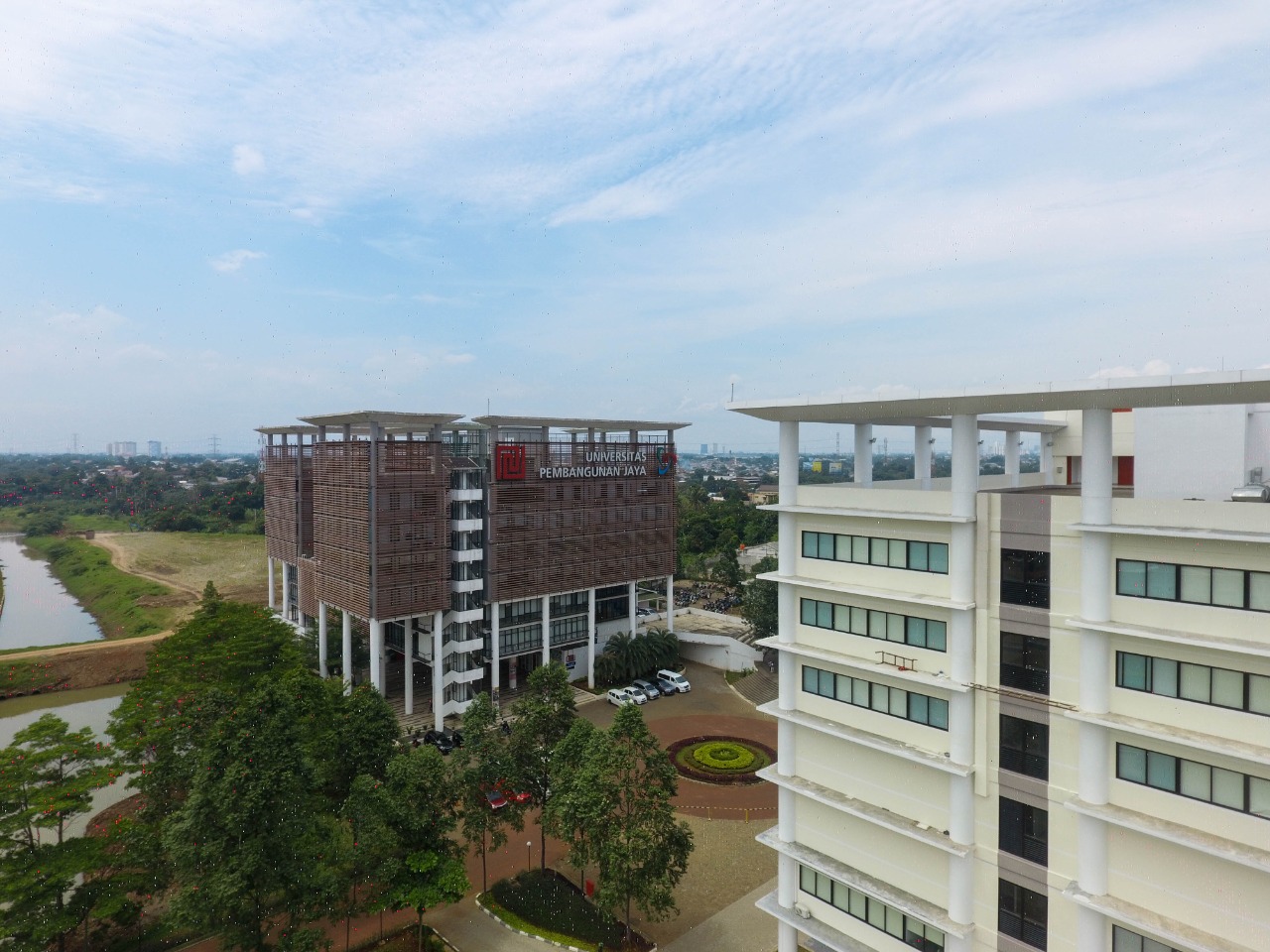(adv) – Thursday 7 October 2021, a Universitas Pembangunan Jaya (UPJ) held a Focus Group Discussion. Aiming to get input from resource persons regarding calculating the opening and study costs of the Urban Studies master program , the UPJ team invited Dr. dr. Soegianto Ali, M.Med.Sc. as the Head of the Biomedical Masters Study Program at the School of Medicine and Health Sciences (FKIK) Atma Jaya Catholic University of Indonesia (Unika Atma Jaya). The UPJ team invited him because he has experience in successfully establishing a biomedical master study program at FKIK Unika Atma Jaya with affordable costs for students.
In an interactive and very interesting brainstorming session, UPJ learned from this resource person. The FGD participants asked many critical and interesting questions. Leenawaty Limantara, Ph.D. as the Rector of UPJ, asked a very interesting question. The first question asked about the resource person’s strategy to manage the income that only 50% of the operational cost. The second question related to the percentage of plans that have been realized. The last question related to the difficulties when lecturers at certain homebased were transferred to another master’s study program and what strategies were implemented to overcome these difficulties.
Dr. Ali explained that fundamentally, a master’s study program runs for two years. Every year, it will receive fees from the two students’ batches, except for the first year of establishing the study program. In addition, Dr. Ali mentioned to also considered the increment in tuition fees based on the inflation annually. Regarding lecturers who being transferred to other homebased, because they are still in the development stage so they will not be “inviolable.” The alternative of using existing lecturers is a creative effort to be efficient in HR costs. In this case, there is no need for recruitment at the initial establishment of the study program. Nonetheless, Dr. Ali reminded: “Universities need to remember the ratio of lecturers to students for master study programs as well as considering the adequacy ratio in other study programs that lecturers left from their initial homebased.”
The resource person explained that alternative financing for master’s programs, especially for a multidisciplinary master program, one clearly cannot rely on ordinary business. In the beginning, the master’s program was a cost center, but it is clear that the master’s study program was established to put forward the vision and mission of the university. Thus, creative financing through research grants and collaborations is a strategic alternative. In terms of the quantity and quality, research and publications from master study programs are anchors for attracting grants and collaborations. UPJ can reduce the cost of students’ tuition fee, but the indicators for scientific products should be increased.
Through this FGD, the Urban Studies master study program team at UPJ found benefits and fresh ideas for alternative financing for the study program. UPJ consistently strives to strengthen the field of urban studies as its strategic positioning university.



